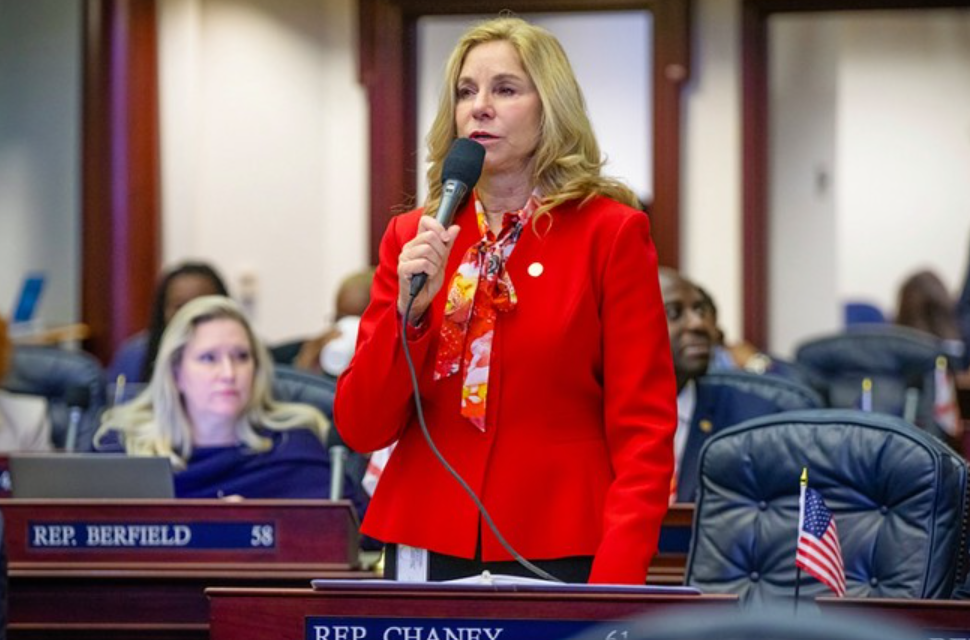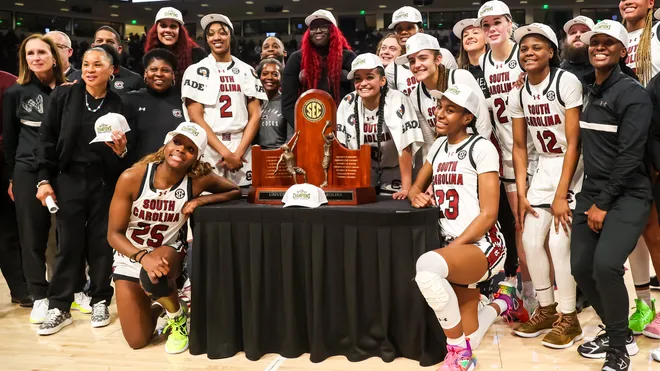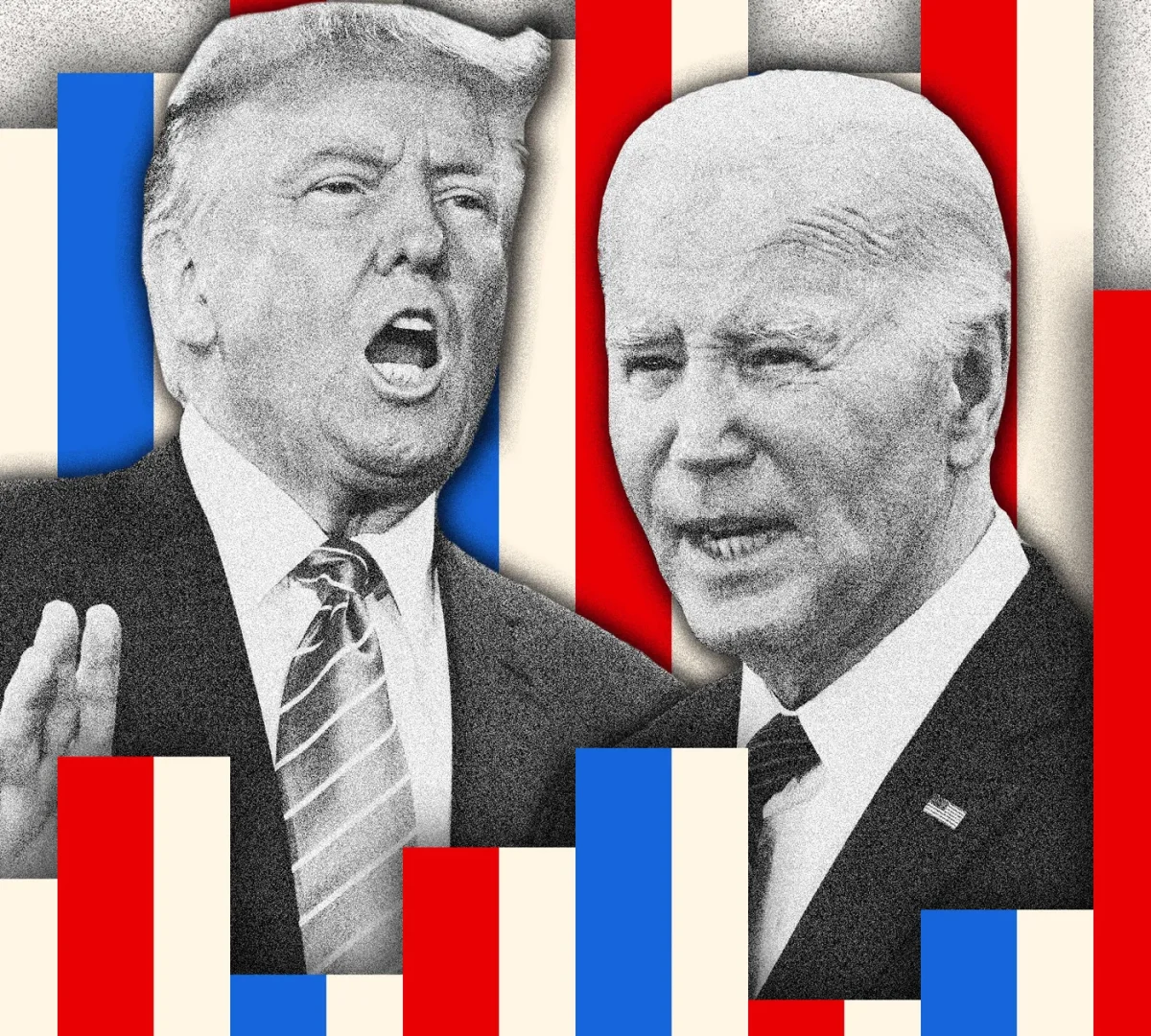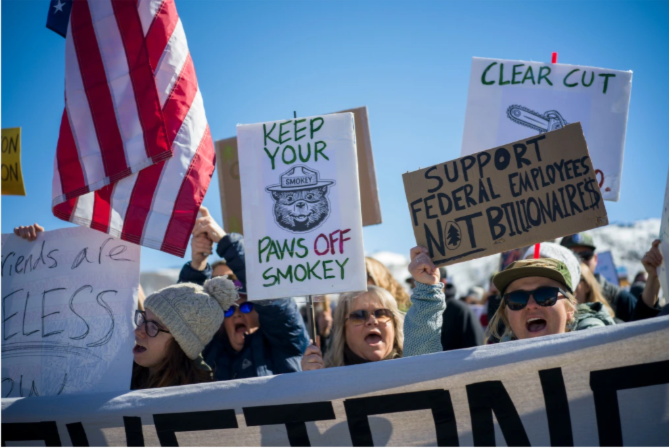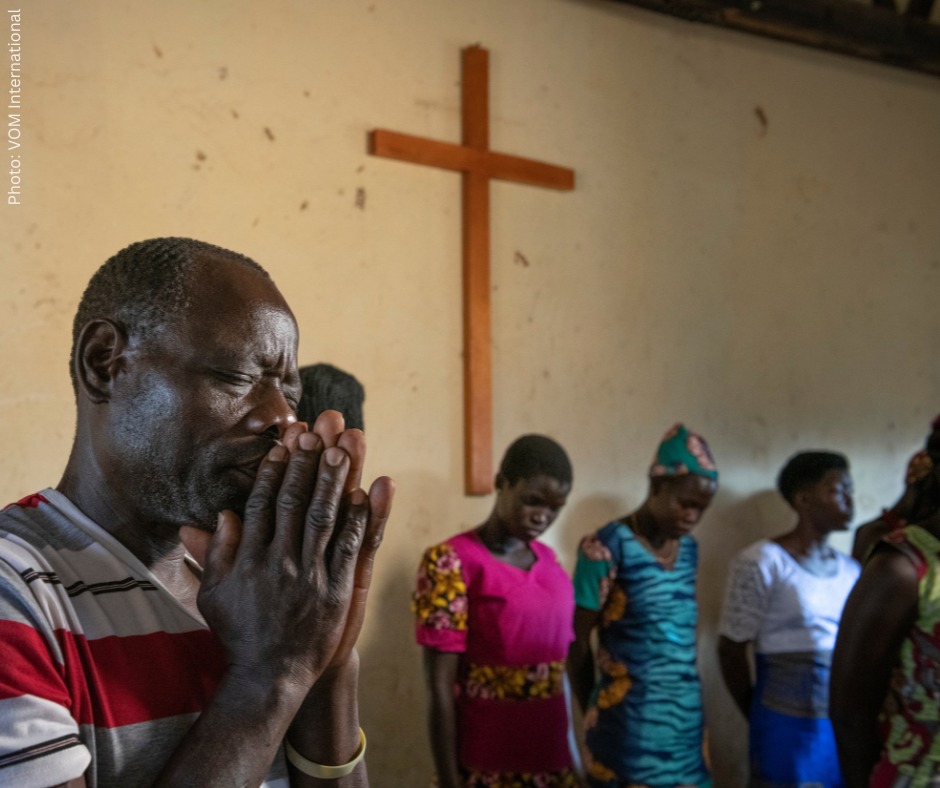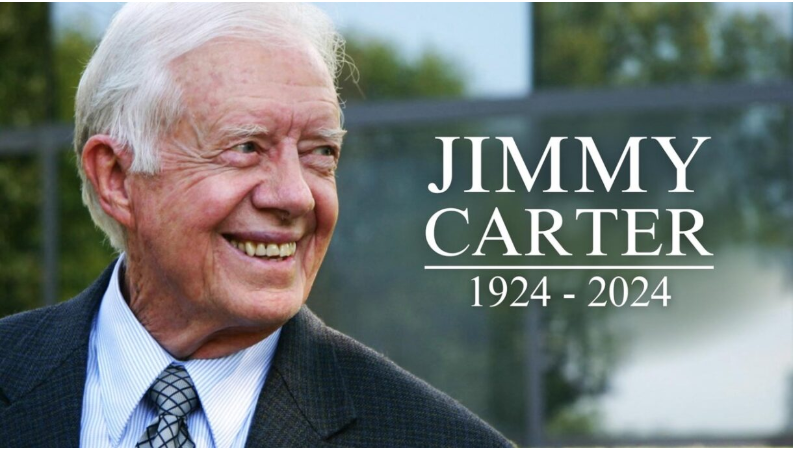A labor shortage has fallen upon Florida, and some lawmakers are looking to the youth to fill the lack in numbers. Florida House Bill 49 (HB 49), also known as the Employment and Curfew of Minors, is on its way to the full Florida House floor for a vote to weaken child labor protections for 16 and 17-year-olds, potentially aiding the shortage. As a similar bill is working through the Senate (SB 1596), the legislation could be effective within six months.
Florida Republican Linda Chaney is sponsoring the HB 49, which would undo years of child labor protections. Chaney intended for the bill to be noncontroversial, claiming she only wanted to align Florida state laws with federal child labor legislation that does not include any standards on work hours or breaks for children older than 15. It would allow 16 and 17-year-olds to work up to 40 hours a week with the same breaks given to adult workers, which many worry will threaten the teens’ education and likely increase the higher injury risk younger workers already face while on the job.
“The relaxation of restrictions on youth labor […] poses a detrimental impact on the youth’s academic well-being. By reducing the time available for rest and academic commitments, these extended work hours not only result in heightened fatigue but also limit the crucial hours students need for study, extracurricular activities, and maintaining a healthy work-life balance. This combination of exhaustion and reduced study time undermines their academic performance, hindering their ability to excel in school and potentially limiting their future opportunities,” Vanosha Moghaddasi, senior, said.
HB 49 barely passed the House Commerce Committee with a party-line vote (when one party votes largely the same way), as Democrats opposed the legislation. Those who oppose the bill are looking into recent increases in child labor law violations to support their case; however, the fact that Florida relies on an underfunded state agency to investigate their complaints, leaving many unpenalized, is fueling their criticism towards the bill. There is speculation that the pressure to increase youth’s work availability is intertwined with the labor shortage following a crackdown on anti-immigration laws. Critics fire that overworking teens and taking priority from academics is not the solution, especially as rumors about a waiver process to allow students to undertake more hours is floating around.
“I think that relaxing the labor restrictions would be a negative result on education, as more and more kids would lean towards not spending time on bettering their education,” Jack Novack, junior, said.
While Chaney is the official sponsor for the HB 49, labor advocates hold high suspicions that the Foundation for Government Accountability (FGA), a conservative-funded group that does not openly share their political donations, was behind the bill. The group is already associated with lobbying for relaxations on child labor laws in other states, but public records proving communication between Chaney and the FGA proved the suspicions.
“[The FGA]— and its lobbying arm, the Opportunity Solutions Project — is no stranger to child labor bills. They’ve directly lobbied Republicans in states like Arkansas, Missouri and Iowa to relax regulations on child labor law, explicitly framing it as an opportunity for businesses to address labor shortages,” an article said.
After passing the House Commerce Committee, the HB 49 will find itself on the House floor for a vote, where a Republican majority exists; however, the momentum is not matched in the Senate bill that is a companion to the House version, as it has only advanced to a more narrow version that would lessen restrictions on residential construction sites for 16 and 17- year-olds. Still, if passed, the legislation would become effective in June, making many wonder the future for youth education and employment.

